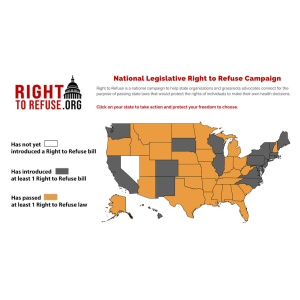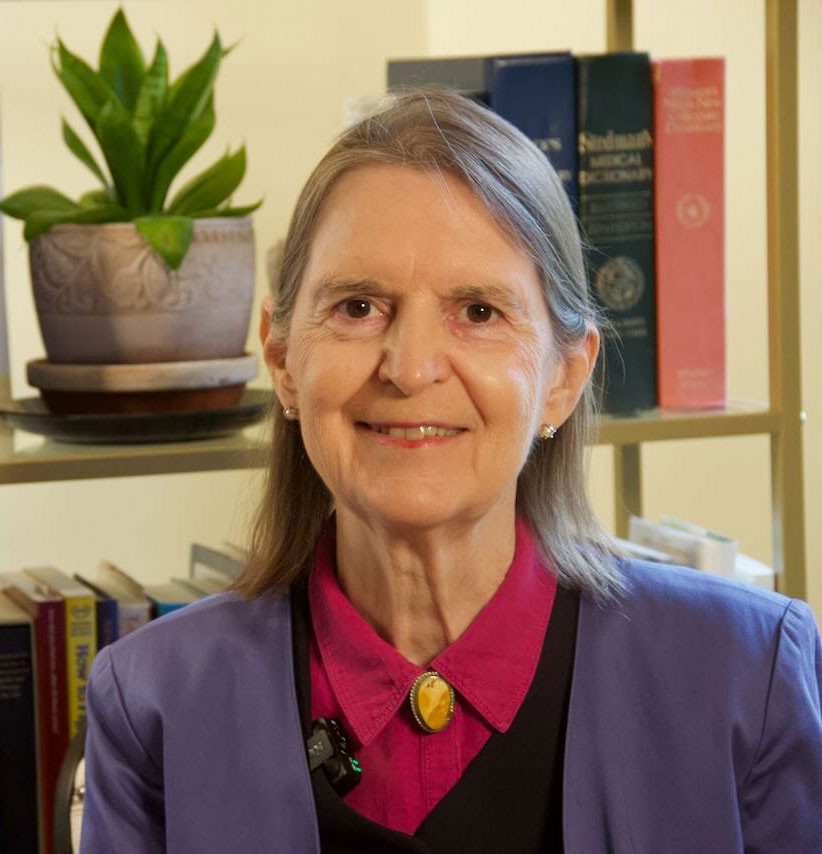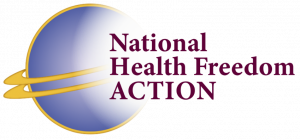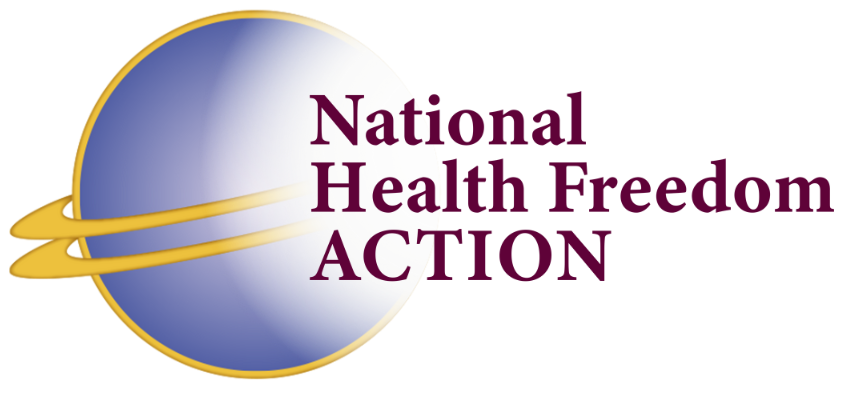

What’s the Good Doctor
to Do?
By Diane Miller JD
Medical doctors in America have extensive educations and training in the detailed physical workings of the human body, with undergraduate science degrees, MCAT exams, postgraduate degrees from medical schools, hospital residencies, and often specialty training. That is why health seekers go to doctors for the answers to their health challenges. But a recent visit to a local doctor including time in a crowded waiting room inspired me, a health freedom attorney, to write this brief commentary. What’s the good doctor to do when the data from the Center for Disease Control (CDC) shows that:
An estimated 129 million people in the US have at least 1 major chronic disease …(eg, heart disease, cancer, diabetes, obesity, hypertension) as defined by the US Department of Health and Human Services … Five of the top 10 leading causes of death in the US are, or are strongly associated with, preventable and treatable chronic diseases . …and…An increasing proportion of people in America are dealing with multiple chronic conditions; 42% have 2 or more, and 12% have at least 5.
While medical doctors have amazing education and expertise, the environmental and societal experiences of their patients are complex. This is leading many doctors to explore causes and treatments of these complex chronic illnesses for their patients. There are numerous doctors now practicing medicine with broader approaches, often described with a variety of adjectives: Holistic, Complementary and Alternative, Unconventional or Nonconventional, Integrative, and more. Two of the six core values of the Academy of Integrative Health and Medicine are:
We view the person through the lens of Whole Health, where there is unity of body, mind, spirit and the systems in which they live.
We promote health rather than merely managing symptoms of illness. We embrace a lifetime of learning, considering all safe and effective care options from a variety of healing traditions.
Sadly, a shift in the way doctors’ approach and perform solutions for their patients’ well-being has legal consequences. What legal issues might come up for the good doctor? My very first exposure as an attorney to this legal environment for doctors was 30 years ago when I was a law student. I attended a holistic health meeting featuring lectures by two doctors who had lost their license to practice medicine from the state disciplinary board because they were not practicing within the prevailing standards of care. One was a Harvard trained doctor who had written numerous books about women’s health and for many years had treated women for systemic yeast infections. The state disciplinary opinion was that there was no such thing as a systemic yeast infection, which we all know now is false. The second was a dentist who had lost his license for telling his patients that “silver” fillings which contain mercury were toxic to their overall health, and we all know now that globally there is a real push to ban mercury in dentistry for that very reason. Soon after that I was asked to attend a lecture by a medical doctor who lost his license for providing nutrient intravenous (IV) fluids and also chelation IVs for detoxing his patients. This was a very controversial topic at the time before Vitamin C IVs were being used regularly.
I could see that doctors had to stay within the lane of conventional pharmaceutical and surgical approaches to health or they could be vulnerable to losing their license. But after that I always wondered if my doctor was telling me all they knew that could help me with my chronic health issues.
Later in 1994 in my private law practice, I read an article about a new law in the State of New York saying that Doctors could practice “conventional or unconventional” medicine” as long as it was effective. That was very exciting; however, I found out as time went by that due to the complexity of law, those small word changes were not adequate to stop disciplinary actions and there were often battles of the experts in court, where many experts were not allowed to testify. The good news is that word had gotten out about the problem for doctors and 15 other states started to pass similar laws.
In 2001 I co-founded National Health Freedom Action with my colleagues to work full-time nationally on health freedom issues. This was after we had successfully worked with our friends in our own home state, the State of Minnesota, to protect the healing practitioners that were not licensed health professionals, such as herbalists, homeopaths, and traditional naturopaths.
In 2011 our attention finally returned to the licensed medical doctors. After watching unsuccessful cases go forward regarding the new but limited laws attempting to protect doctors, I decided to write a comprehensive draft bill that would address all of the legal issues and protect the doctors. We wanted these amazingly educated and learned doctors to be able to go beyond their standard of care when they felt the need for their patients as long as the treatments:
(1) have a reasonable basis for potential benefit to the patient;
(2) do not pose a greater risk of direct and significant physical or emotional harm to a patient when used as directed than that of conventional treatment that would have been recommended;
(3) are provided with reasonable skill and safety according to the practitioner’s knowledge, education, experience, and training in the expanded health care practice or service.
National Health Freedom Action called the draft the “Expanded Practice Act.” NHFA launched the draft and introduced the bill that year, but it did not pass, and we did not have the funding for additional staff to keep it in play. But we continued to promote it and shared our draft freely.
Fast forward to 2020 and the COVID-19 Pandemic. Brilliant doctors across the country were being shut down by their state disciplinary boards for their alternative approaches and work to honor and help their patients. Some doctors were disciplined for the off-label use of drugs, which doctors do on a regular basis. Some were disciplined for honoring their patients’ wishes to avoid an experimental vaccine. It was a contentious time.
So, we at NHFA went back to the drawing board and updated our Expanded Practice legislative draft. One great state, Utah, went forward in 2022 to pass a comprehensive law to protect access to their doctors.
This month NHFA is in the process of launching a renewed campaign to work with states that want to introduce and pass an Expanded Practice Act.
Stay tuned and if this is of interest to you, please reach out to us and we can explore supporting your efforts.
Please considering becoming a sustaining monthly donor! National Health Freedom Action helps state groups that want to pass laws that protect health freedom. NHFA’s team of attorneys and advocates work with citizen groups, small and large, to provide the training, support, and tools, to help them succeed in their wish to protect health freedom.
By supporting our work, you’re not just contributing to a cause – you’re joining a movement. A movement that stands up for the rights of every individual to make their own health decisions, free from coercion or fear. Please consider making a monthly sustaining donation today so can continue our urgent work. Whether you can pledge $25, $50 or $100 a month – or make a one-time donation – every contribution counts. Your support will empower NHFA to continue fighting for health freedom across the country. Together, we can make a difference.
RECENT NEWS


Will Health Freedom See Gains In 2026?
January 8, 2026

Health Information Exchanges and Your Medical Privacy
December 30, 2025

National Health Freedom Action: 2025 Year in Review
December 18, 2025
